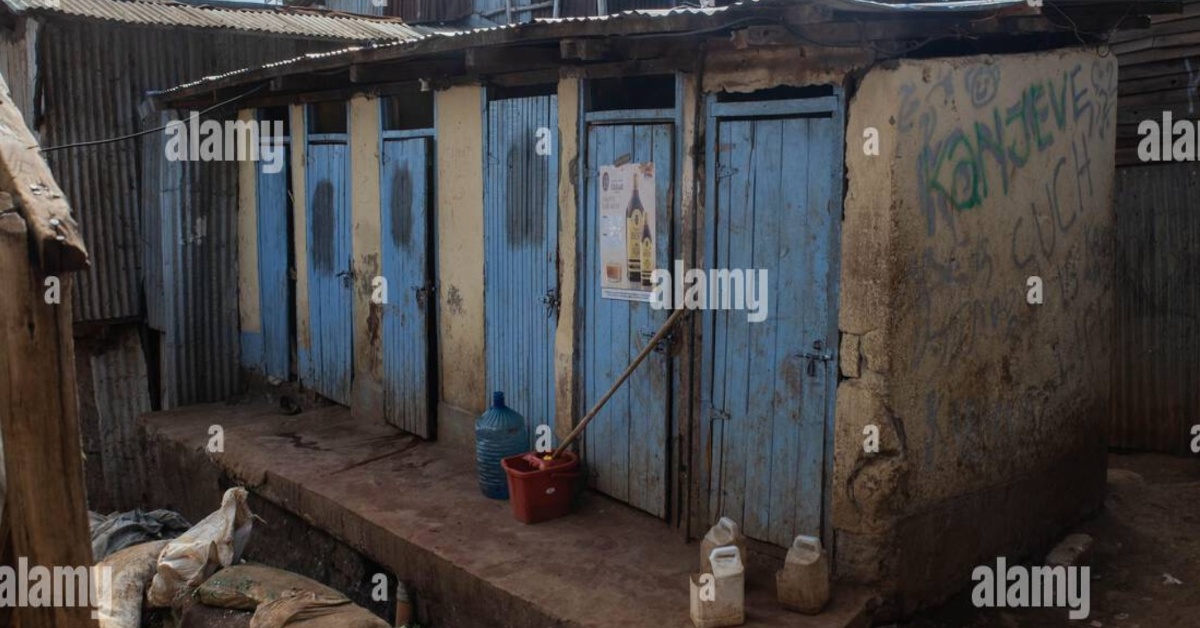A recent UNICEF report highlights alarming conditions in Sierra Leone, where 46.5% of children use latrine platforms deemed unsafe.
This issue is part of a broader Water, Sanitation, and Hygiene (WASH) challenge affecting adolescents, according to the comprehensive analysis conducted by UNICEF and its partners.
The report sheds light on critical concerns impacting adolescent boys and girls, including unsafe sanitation facilities, inadequate clean water access, and limited hygiene resources.
Inadequate WASH facilities pose serious health risks for adolescents. Contaminated water sources expose communities to diseases such as malaria, diarrhea, and cholera, further straining families with rising healthcare costs.
The irregular water supply often forces adolescents to walk long distances or endure long waits to meet basic hygiene and household needs, diverting time from education and other activities.
The report also reveals that inadequate sanitation infrastructure exacerbates open defecation, particularly in informal settlements, contributing to environmental degradation and heightened health risks. For girls, the situation is more severe.
The absence of proper menstrual hygiene management, worsened by the lack of water and sanitary supplies, leads to absenteeism, particularly during menstruation. This hampers educational progress and social participation for many young girls.
Despite these challenges, UNICEF acknowledges the resilience of Sierra Leone’s youth, who engage in community-driven efforts to improve their environment. Many adolescents advocate for better WASH practices, working with local leaders to find solutions despite limited resources.
The report calls for urgent action to address these issues, offering recommendations such as improved sanitation facilities, enhanced water supply systems, and widespread hygiene education.
UNICEF also highlights the need for increased collaboration between government, businesses, and community leaders to ensure safe drinking water and adequate sanitation infrastructure.
By prioritizing investments in WASH services and focusing on solutions that support the well-being of adolescents, stakeholders can create healthier, more supportive environments where Sierra Leone’s youth can thrive.
The report underscores the importance of immediate and long-term interventions to safeguard the health, education, and future of the nation’s children.











